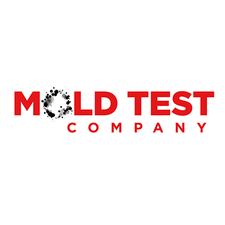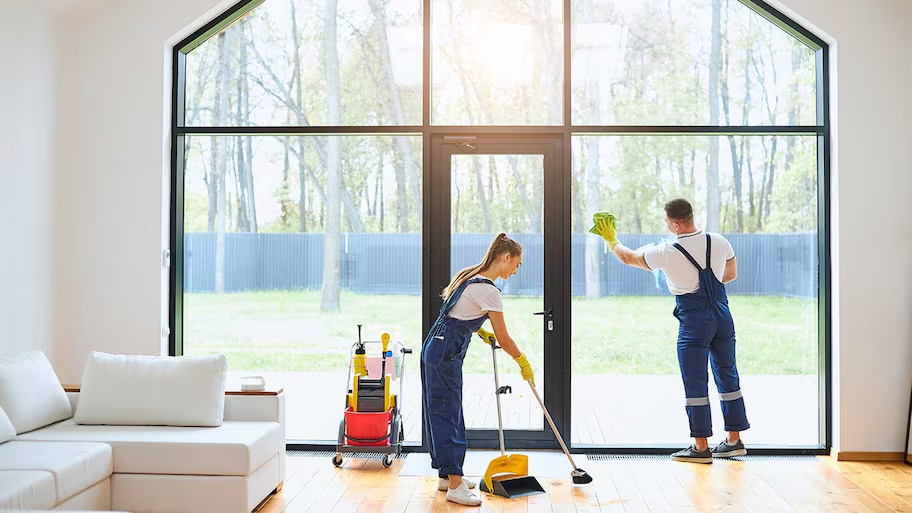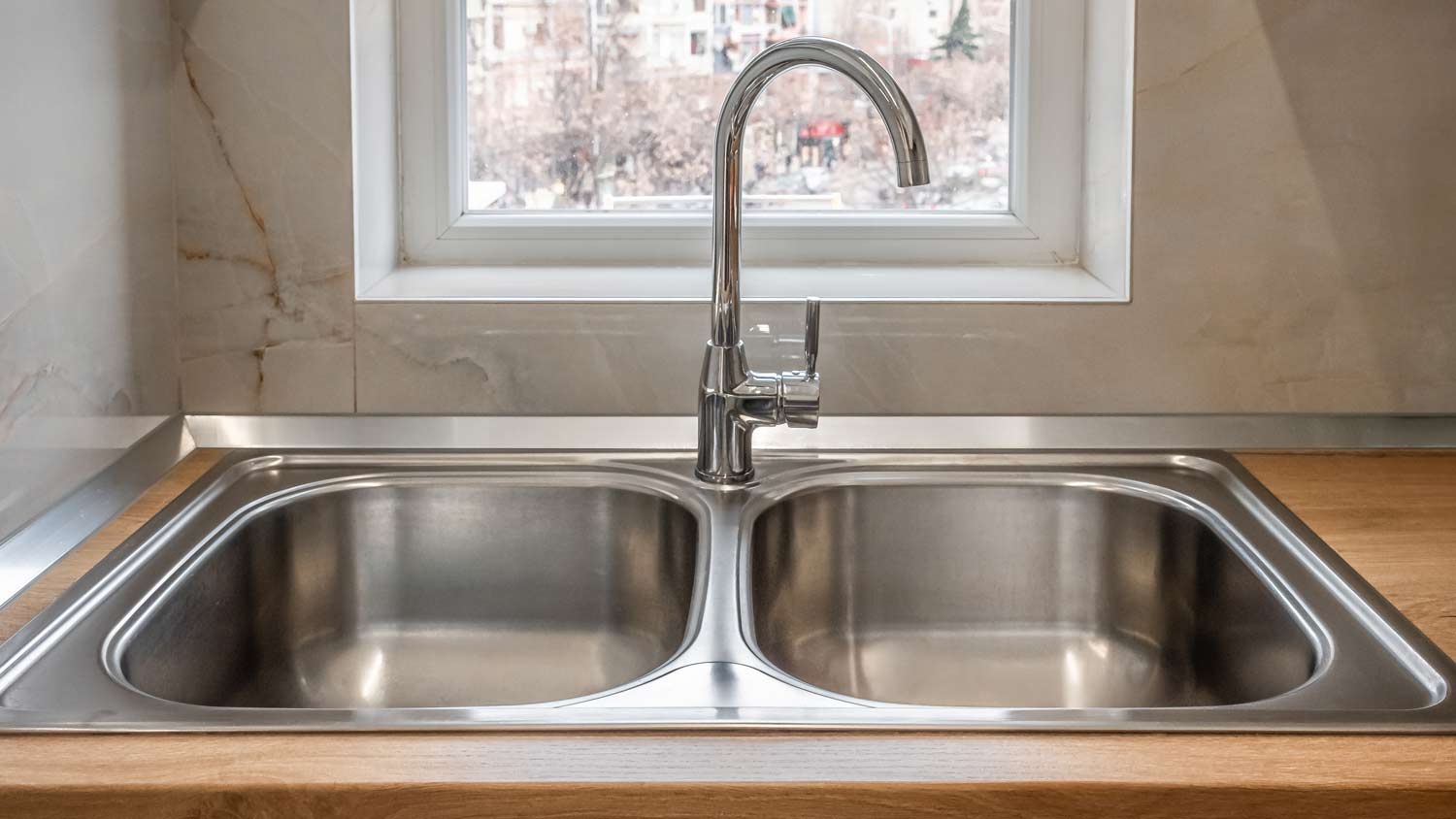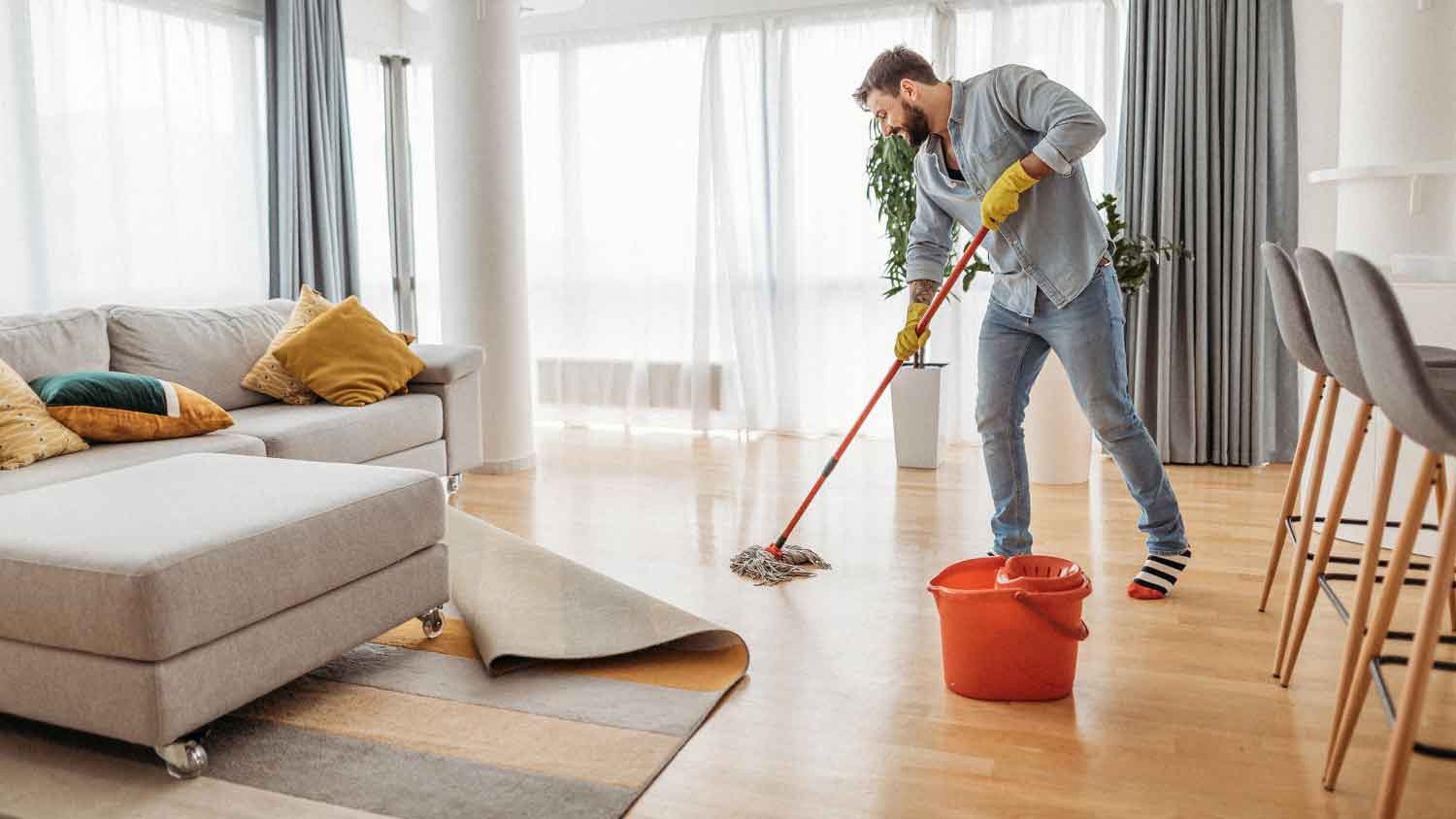
Get matched with top biohazard remediation specialists in Cropwell, AL
There are 0 highly-rated local biohazard remediation specialists.
TRUSTED BY HOMEOWNERS
 4.9
4.9  11
11 Biohazard remediation specialists in Cropwell

Rest One has a personalized approach to property damage. We do more than clean up after a property disaster. In response to every emergency, we provide a combination of exceptional property mitigation services delivered with an equal degree of compassion. We help rescue homes. We put businesses back on their feet. We help you get back to your life.
"John and his team were awesome to work with during a very distressing time in my home with water damage and needing mold remediation! The remediation work was completed over 2 years ago and there has still been no further growth since. I would highly recommend him for this work!"
HESSING L on May 2024
Rest One has a personalized approach to property damage. We do more than clean up after a property disaster. In response to every emergency, we provide a combination of exceptional property mitigation services delivered with an equal degree of compassion. We help rescue homes. We put businesses back on their feet. We help you get back to your life.
"John and his team were awesome to work with during a very distressing time in my home with water damage and needing mold remediation! The remediation work was completed over 2 years ago and there has still been no further growth since. I would highly recommend him for this work!"
HESSING L on May 2024

Your all-in-one solution for mold remediation, water and fire damage restoration, hoarding cleanup, and biohazard cleaning. Our IICRC certified experts excel in mold removal, flood damage repair, and fire and smoke damage recovery. We offer compassionate hoarding cleanup and discreet biohazard cleaning services. From emergency water extraction to black mold removal, our solutions ensure structural integrity and indoor air quality. Contact us now for comprehensive restoration and remediation services.
"Excellent follow up and speed. Don is just great to work with! Definitely recommended"
Jorge A on October 2023
Your all-in-one solution for mold remediation, water and fire damage restoration, hoarding cleanup, and biohazard cleaning. Our IICRC certified experts excel in mold removal, flood damage repair, and fire and smoke damage recovery. We offer compassionate hoarding cleanup and discreet biohazard cleaning services. From emergency water extraction to black mold removal, our solutions ensure structural integrity and indoor air quality. Contact us now for comprehensive restoration and remediation services.
"Excellent follow up and speed. Don is just great to work with! Definitely recommended"
Jorge A on October 2023
When you have mold, making the correct decisions right away is critical. Whether it?s mold in your home, school, place of work or apartment there are many factors to consider. Will you be seeking property damages? Is anyone sick from mold exposure? Do you just want to test to be sure your environment is safe? Do you need Post Mold Remediation Testing to ensure a good job was done? These and other factors are questions which need to be answered before any environmental testing starts. It?s important to know what your goals are and why your testing. Different goals require different environmental tests, i.e. medical damages & property damages require different environmental tests to prove your case in court. Tests that a common or inexperienced mold inspector would not typically use or know to use.
When you have mold, making the correct decisions right away is critical. Whether it?s mold in your home, school, place of work or apartment there are many factors to consider. Will you be seeking property damages? Is anyone sick from mold exposure? Do you just want to test to be sure your environment is safe? Do you need Post Mold Remediation Testing to ensure a good job was done? These and other factors are questions which need to be answered before any environmental testing starts. It?s important to know what your goals are and why your testing. Different goals require different environmental tests, i.e. medical damages & property damages require different environmental tests to prove your case in court. Tests that a common or inexperienced mold inspector would not typically use or know to use.

At Mold Test Company AL, we take great pride in our experience, expertise, quality and customer service that we provide to meet the consumers needs. It is our mission to provide excellent workmanship and complete customer satisfaction from start to completion of a project. In order to understand the needs and expectations of our customers, we take great care to work and communicate with every customer in a professional manner. Our reputation is based on service, safety and quality, regardless of how large or small the job.
"This is a great company."
Diane H on August 2021
At Mold Test Company AL, we take great pride in our experience, expertise, quality and customer service that we provide to meet the consumers needs. It is our mission to provide excellent workmanship and complete customer satisfaction from start to completion of a project. In order to understand the needs and expectations of our customers, we take great care to work and communicate with every customer in a professional manner. Our reputation is based on service, safety and quality, regardless of how large or small the job.
"This is a great company."
Diane H on August 2021

With years of experience we offer high quality waterproofing, mold mitigation, and structural repair services. Every brick laid, every home repaired, and every commercial space we enhance is a testament to this mission. At Cheaha Home Solutions, we’re not just building and enhancing structures; we're crafting a legacy of trust, quality, and community partnership.
"Tom Bryant responded quickly and was knowledgeable, clear, patient and efficient in carrying out my project. I am very satisfied and will call his business again in a heartbeat. Thank you, Cheaha Home Solutions."
Jean T on March 2025
With years of experience we offer high quality waterproofing, mold mitigation, and structural repair services. Every brick laid, every home repaired, and every commercial space we enhance is a testament to this mission. At Cheaha Home Solutions, we’re not just building and enhancing structures; we're crafting a legacy of trust, quality, and community partnership.
"Tom Bryant responded quickly and was knowledgeable, clear, patient and efficient in carrying out my project. I am very satisfied and will call his business again in a heartbeat. Thank you, Cheaha Home Solutions."
Jean T on March 2025
DryMedic Restoration Services specializes in a comprehensive range of restoration services, including: Water Damage Restoration: Addressing issues caused by leaks, floods, or other water-related incidents. Fire Damage Restoration: Repairing and restoring properties affected by fire and smoke. Mold Remediation: Identifying and removing mold to ensure a safe environment. Storm Damage Restoration: Handling damages resulting from severe weather conditions. Contents Restoration: Restoring personal belongings damaged by water, fire, or mold. Biohazard Cleanup: Managing the safe removal of hazardous materials.
DryMedic Restoration Services specializes in a comprehensive range of restoration services, including: Water Damage Restoration: Addressing issues caused by leaks, floods, or other water-related incidents. Fire Damage Restoration: Repairing and restoring properties affected by fire and smoke. Mold Remediation: Identifying and removing mold to ensure a safe environment. Storm Damage Restoration: Handling damages resulting from severe weather conditions. Contents Restoration: Restoring personal belongings damaged by water, fire, or mold. Biohazard Cleanup: Managing the safe removal of hazardous materials.
We provide services regarding Helena Hurricane Estimates in all states effected. Serving the Greater Houston Area, Beacon Restoration & Cleaning is your Premier provider of Emergency Services in response to water and smoke damage. We respond same day. Our daily communication and pricing transparency creates trust and partnership with all of our customers. We are local experts working for our neighbors and communities.
"Very quick & efficient service. Service guy was very nice"
Teri H on June 2024
We provide services regarding Helena Hurricane Estimates in all states effected. Serving the Greater Houston Area, Beacon Restoration & Cleaning is your Premier provider of Emergency Services in response to water and smoke damage. We respond same day. Our daily communication and pricing transparency creates trust and partnership with all of our customers. We are local experts working for our neighbors and communities.
"Very quick & efficient service. Service guy was very nice"
Teri H on June 2024
Crime, Trauma, Death Scene and Blood Clean-up services in Atlanta, Georgia. We are a locally owned and operated business located in Atlanta, Georgia. We specialize in crime and trauma scene clean-up. We also offer a wide range of other decontamination and deodorization services to commercial, residential and governmental clients. We serve the Metropolitan Atlanta area, Georgia, Alabama, South Carolina, Tennessee, and Northern Florida. We use state of the art equipment as well as the safest chemicals and decontamination materials on the market. We comply with the regulations of various governmental agencies including OSHA, the Department of Transportation and the EPA.
Crime, Trauma, Death Scene and Blood Clean-up services in Atlanta, Georgia. We are a locally owned and operated business located in Atlanta, Georgia. We specialize in crime and trauma scene clean-up. We also offer a wide range of other decontamination and deodorization services to commercial, residential and governmental clients. We serve the Metropolitan Atlanta area, Georgia, Alabama, South Carolina, Tennessee, and Northern Florida. We use state of the art equipment as well as the safest chemicals and decontamination materials on the market. We comply with the regulations of various governmental agencies including OSHA, the Department of Transportation and the EPA.
We are an Emergency services company, we can handle almost any type of emergency along with many different non-emergencies. We are a National company with over 290 franchises with the resources of a super-star. We will provide you with a detailed estimate for any work needed. If we can't do it for you, we can direct you in the right path to get it done right!
We are an Emergency services company, we can handle almost any type of emergency along with many different non-emergencies. We are a National company with over 290 franchises with the resources of a super-star. We will provide you with a detailed estimate for any work needed. If we can't do it for you, we can direct you in the right path to get it done right!
MY NAME IS ROBERT GREEN OWNER / OPERTOR OF BLUE RIDGE MTN. PROPERTY PERSERVATION SERVICES WE GO WEATERIZATIONS LOCK CHANGES EVICTIONS AND EVERYTHING TO MAKE YOUR PROPERTY SAFE
MY NAME IS ROBERT GREEN OWNER / OPERTOR OF BLUE RIDGE MTN. PROPERTY PERSERVATION SERVICES WE GO WEATERIZATIONS LOCK CHANGES EVICTIONS AND EVERYTHING TO MAKE YOUR PROPERTY SAFE
Biohazard remediation services FAQs
There are several instances where household biohazard cleanup would be needed. All in all, anytime an event can potentially expose people to chemicals, pathogens, or viruses, a biohazard cleanup company must be called. These events can include:
Sewage backup
Unattended death or crime scene after death
Virus decontamination
Medical waste disposal
Animal waste disposal
Odor control
Hazardous chemical removal
The cost of biohazard cleanup averages between $3,000 and $5,000 for most homeowners. Some services, like sanitizing high-traffic areas or sanitizing surfaces from a virus, cost closer to $1,500. However, other circumstances, like the extensive cleanup after a major sewer backup, could cost as much as $25,000.
While a biohazard cleanup sounds like a scary process, knowing what to expect can help ease your concerns and set you up for success. It’s good to note that more than one professional might be needed depending on your situation, but that will be determined during the assessment. What you can expect during a home biohazard cleanup is the following:
Assessment: The first step in this process is for a biohazard cleanup professional to assess the damage. They create a report that includes the biohazard safety level, the needed damage cleanup, and the time it should take to complete the project.
Setup: The cleanup professional prepares the site to prevent cross-contamination and reduce toxicity risk. This process can include tarping and creating decontamination zones.
Removal of surface contamination: Any contaminated materials are removed from the area, starting with large materials followed by small ones. The professional can assess any floor-related damage once everything is removed from the site.
Salvaging items: The biohazard cleanup professionals assess which items can be saved and which are contaminated beyond the point of saving. Those deemed unsafe will be disposed of immediately.
Waste disposal: The next step is carefully disposing of the hazardous waste. Your professional will place the contaminated items in specific containers to keep the contamination from spreading.
Disinfection: The house will be disinfected and odor-neutralized. Even more minor details, like light switches and bulbs, will be disinfected so that they do not recontaminate the area in the future.
Restoration: Once the decontamination is complete, the last step is to restore the home. This includes repairing the damage to flooring, walls, or even the home's foundation.
Most homeowner’s insurance policies can help cover the cost of biohazard cleanings for specific events. Biohazard events like unattended death, infectious disease, and medical emergency are generally covered, as are flooring and drywall repairs. It’s best to check with your insurance company to see what is specifically covered.
One of the best ways to prepare for a home biohazard cleanup is not to touch anything. Do not remove belongings, even if they are of value or importance, from the area as they are likely contaminated. It’s essential not to use any cleaning products of your own, as the cleaning company will be using chemicals that could interact with your products.
One thing you can do to prepare is take pictures of your space and belongings that need to be cleaned, especially if you plan on filing a claim with your insurance company. In addition, take time to make a list of items that are valuable, sentimental, or otherwise important. The cleanup company must evaluate these belongings to make sure they are safe.












